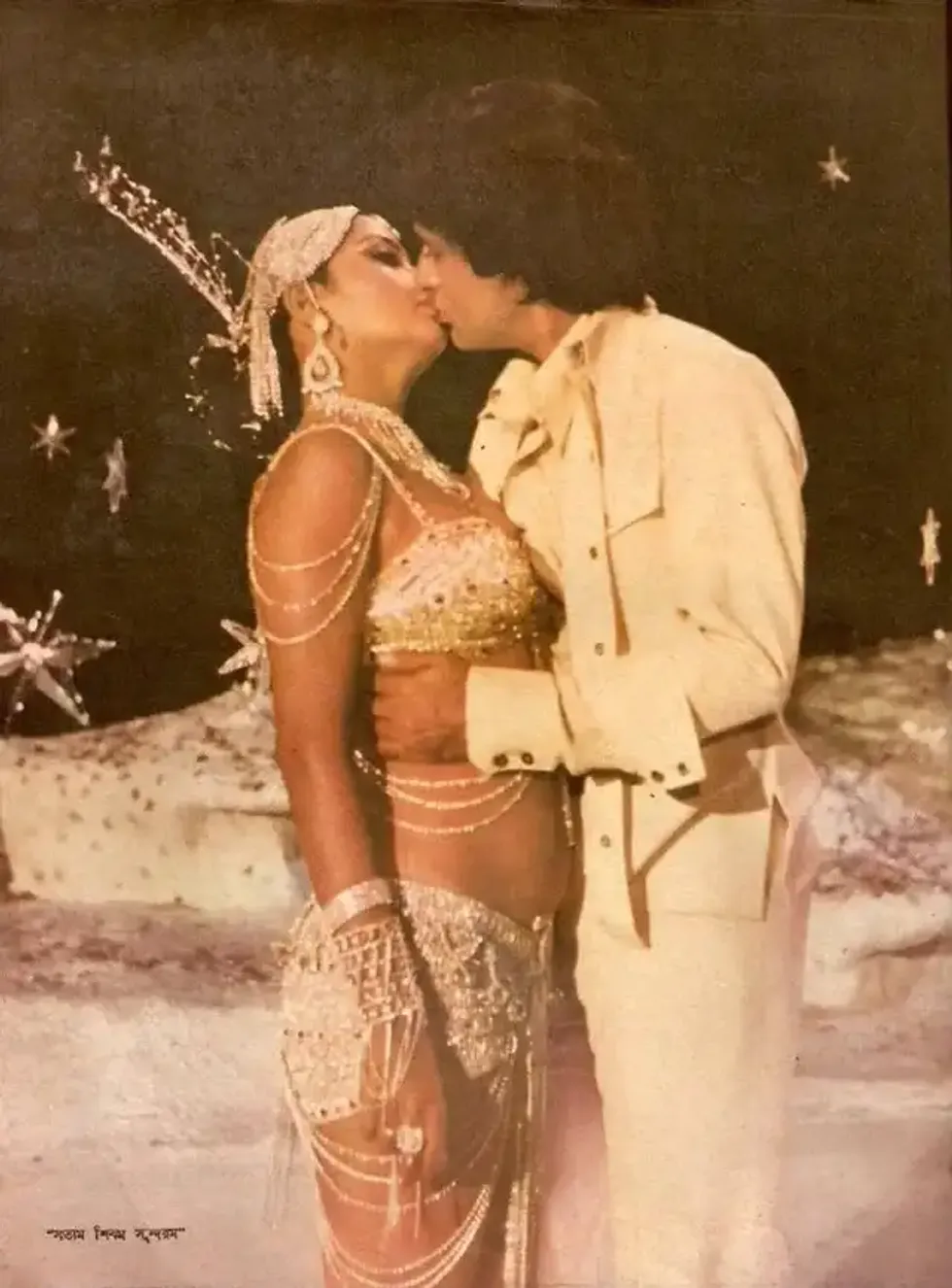“I have had diverse influences in my journey. Here is no particular order are 10 of them,” said poet Hussain Manawer.
Avril Lavigne: She delivered one of the greatest-ever albums at a time when I was growing up in high school. She was bold, passionate, oozing with energy and vibes, and was something so different to hear. I still bang her music out now. I think she was timeless with what she did.
Artful Dodger: Now you’re movin too fast! Artful Dodger made so many bangers that when I hear them, they instantly hit so many forms of nostalgia in my mind, of life growing up as a British teenager. Going to the funfair and riding the bumper cars. If I could work with anybody one day, I would love for it to be Mr Dodger.
Tupac Shakur: Pac did something to me mentally that had never been done before. He opened my mind with his poetry, especially his work in The Rose That Grew From The Concrete. Despite the huge mainstream media adversity, controversial standpoints and hectic lifestyle, he shone as an artist and that will forever make him the greatest of all time.
Ms Scandalous & Panjabi Hit Squad: The RDB sound of England gave a voice to British Asians, but when these guys dropped Hai Hai it did something to us in our Honda Civics driving to the melas. As you can tell, I am all about feeling and don’t ever forget how someone made me feel. I wish I had got to see these lot collectively perform live.
Bruce Daisley: You might need to Google who Bruce is among the list of celebrities, but he is a man who has defied the social norms in so many ways in his life and gone on to achieve so much and become incredible. He inspires me through his humility, presence in a conversation and attitude towards others.
Emma Al-Munshi: I have met a lot of people on this ‘journey’ and many will lie, cheat and steal to get themselves somewhere, but not many will love, give, help and heal. Emma Al-Munshi is one of the people in my life who really helped me get to where I am going. Her writing skills and calm nature will forever inspire me.
Diana, Princess of Wales: Until you can name me another person from a stature like Diana, who has walked across a minefield and dedicated so much of her precious life towards others, I will sit down. Until then she remains the princess of the people.
Prince Naseem Hamed: FAM! Man like Prince Naseem you know. I feel sorry for those who didn’t grow up in his time. He brought so much excitement, thrill and energy to the world of boxing. It was insane. His ring entrances will forever be iconic and his unorthodox style of boxing will be spoken about forever.
Kathleen Saxton: A businesswoman with a huge social conscious and understanding of the human mind, Kathleen entered my life at a very weird time and since then has become a part of my family. It’s very rare for me to get inspired by others, especially in a world where content is forever thrown at our faces, so when you encounter that real human interaction, it really changes the game up mentally for you.
The Belgrave Boys: These lot influence and inspire me more than anyone on this planet. My day one friends who have been coming with me to every show I have ever performed at locally and internationally. They are one of the main reasons I carried on and kept going. Belgrave to the world.
- Hussain Manawer is an acclaimed London-based poet. He will be performing live at the Jazz Café in London on June 20. Tickets are available now via Ticketmaster. Visit Instagram: @hussains_ house, Twitter & YouTube: @hussainshouse, Facebook: @hussain.manawer and www. hussainmanawer.com for more.





 Bollywood On Screen Kiss Evolution Bollywood On Screen Kiss Evolution
Bollywood On Screen Kiss Evolution Bollywood On Screen Kiss Evolution  Karma
Karma Satyam Shivam Sundaram
Satyam Shivam Sundaram  Raja Hindustani
Raja Hindustani  Murder
Murder Dhoom 2
Dhoom 2  Jab Tak Hai Jaan
Jab Tak Hai Jaan Bombay Talkies
Bombay Talkies Yeh Jawaani Hai Deewani
Yeh Jawaani Hai Deewani






